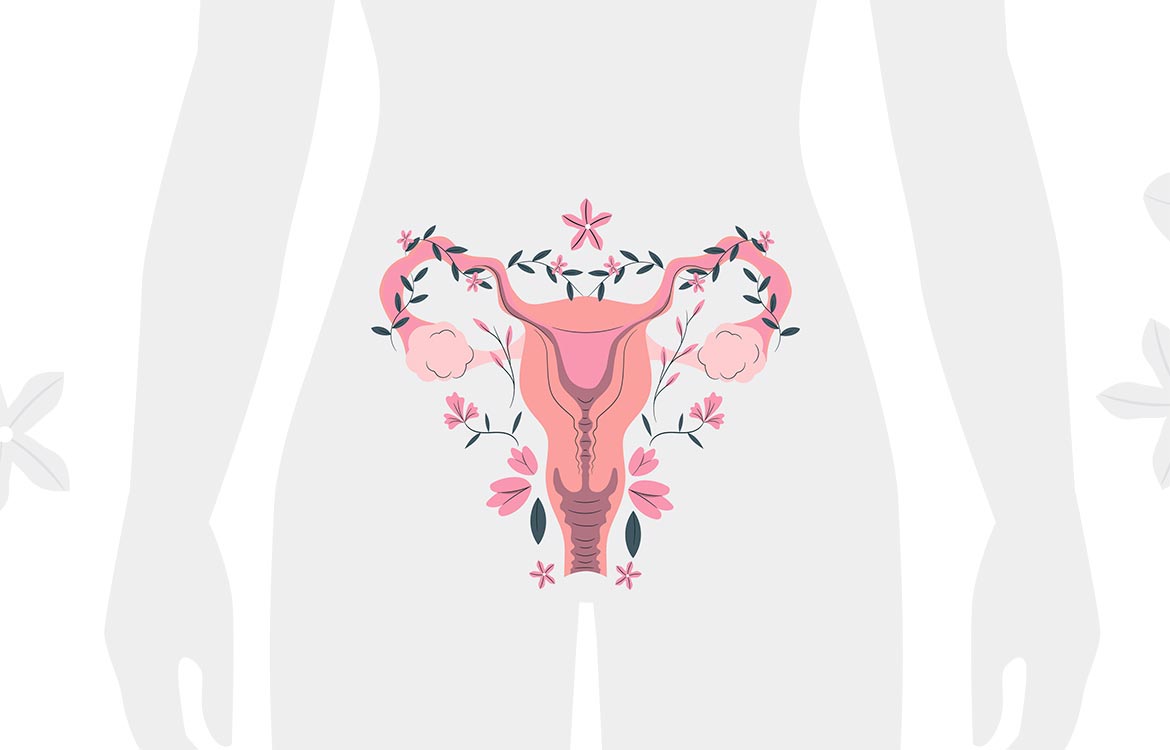The menstrual cycle includes the follicular phase (follicle maturation), the ovulatory phase (ovulation), the luteal phase (corpus luteum), and menstruation. The luteal phase of the menstrual cycle begins immediately after ovulation and ends with the onset of menstruation. Disruption of the menstrual cycle is a pathological symptom of most reproductive organ disorders in women, including those that occur without other noticeable clinical signs… Continue reading What is the menstrual cycle?
Blog
Types of menstrual cycle disorders
All types of menstrual cycle disorders depend on the increase or decrease in the volume of menstrual blood, changes in cycle regularity, and pain during menstruation. Therefore, the following types of menstrual disorders can be identified: hypermenorrhea: a large volume of blood loss within one menstrual cycle. metrorrhagia: bleeding that occurs outside the menstrual cycle and without the shedding of the endometrium… Continue reading Types of menstrual cycle disorders
Deficiency of estrogens in reproductive age: how to understand and what to do?
An absolute insufficiency of sex hormones or an imbalance between them can lead not only to various menstrual cycle disorders but also to disturbances in follicle maturation and anovulation, making pregnancy impossible. While a low level of estrogens in menopause is considered a physiological norm, for women in reproductive age, it is a condition that not only disrupts their reproductive plans but also leads to systemic disorders in the whole body… Continue reading Deficiency of estrogens in reproductive age: how to understand and what to do?


